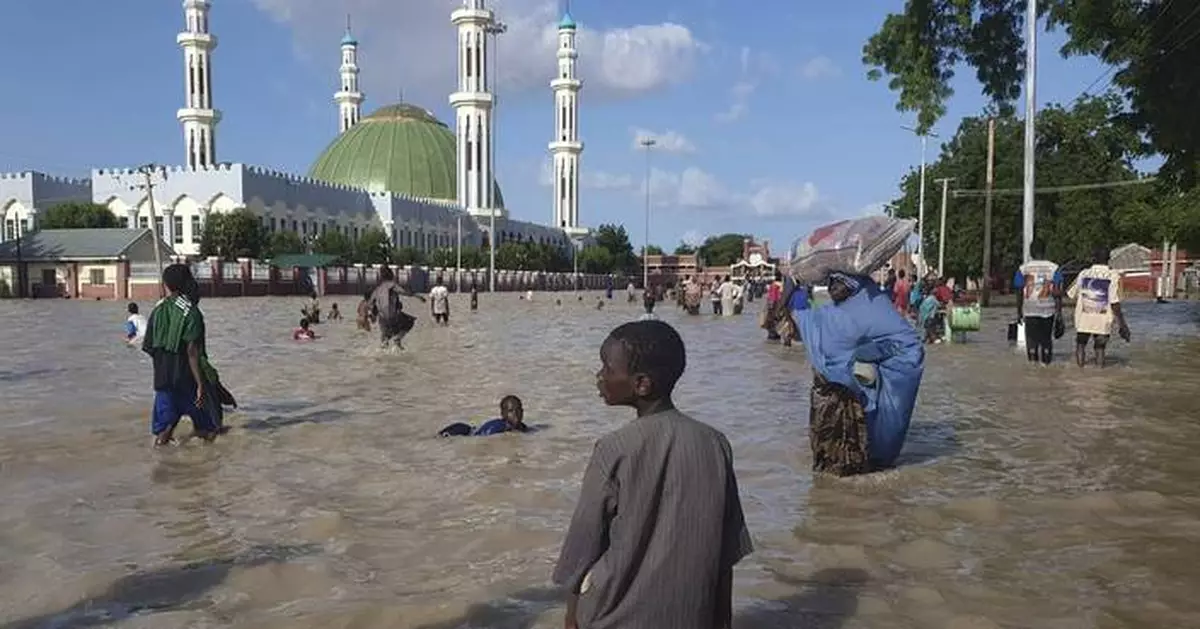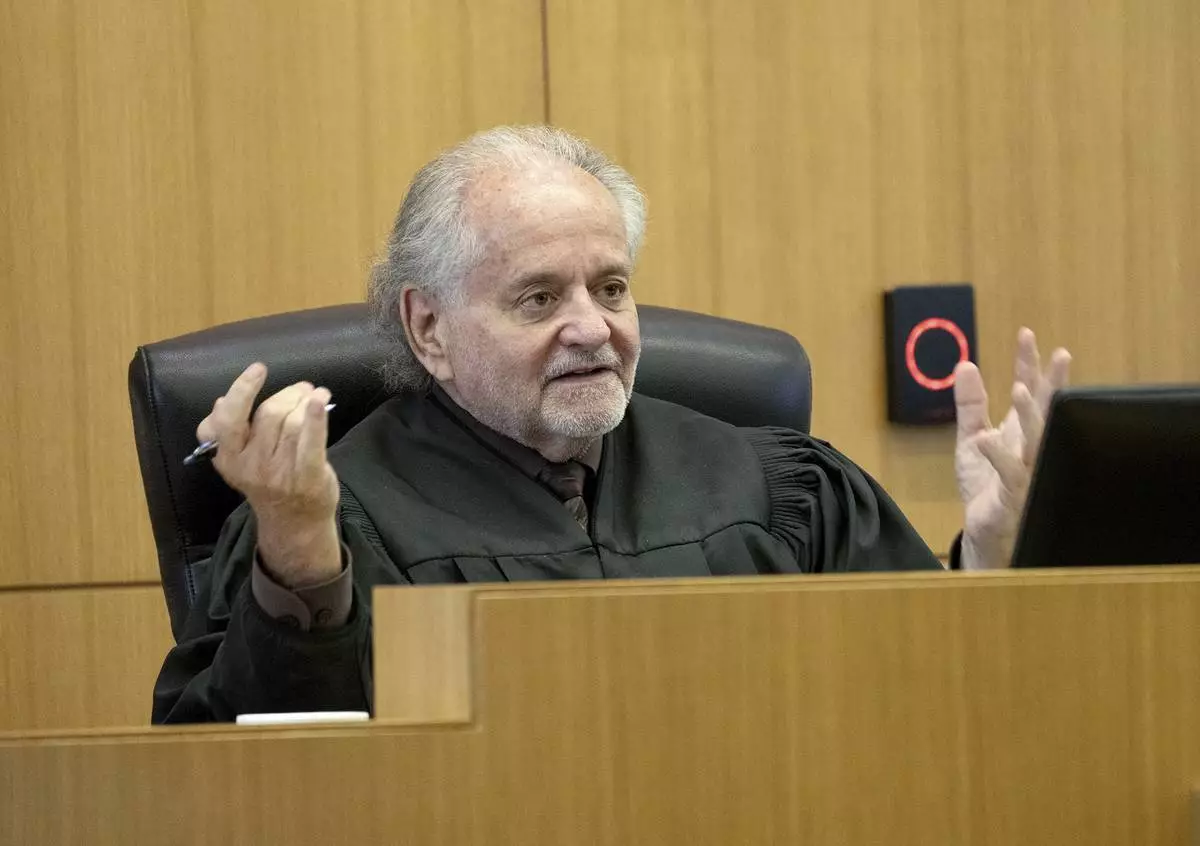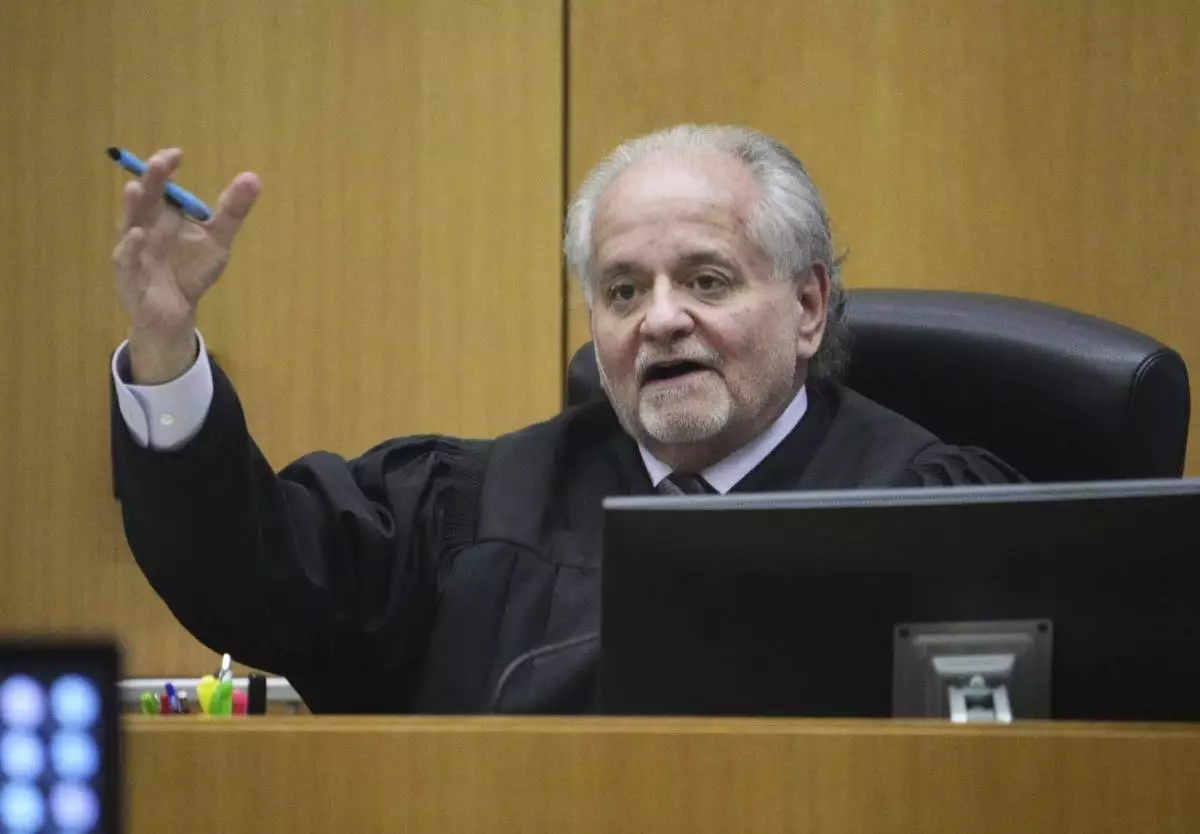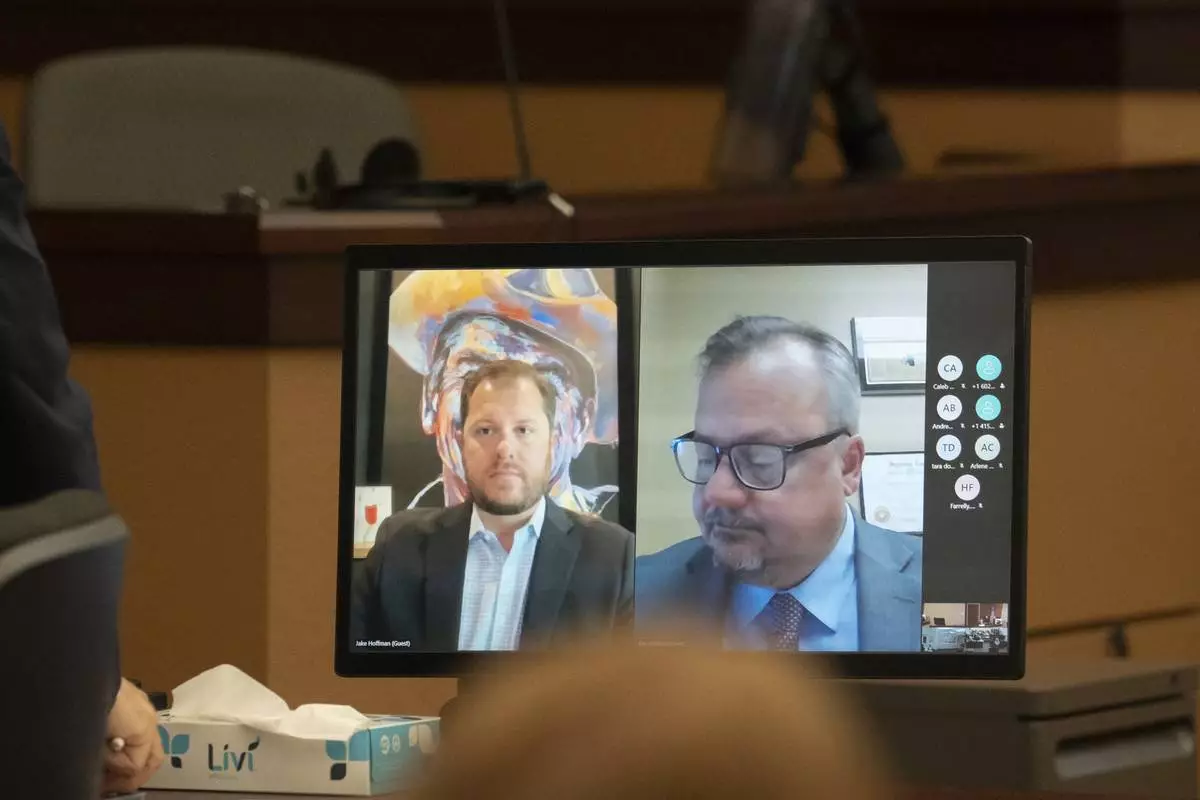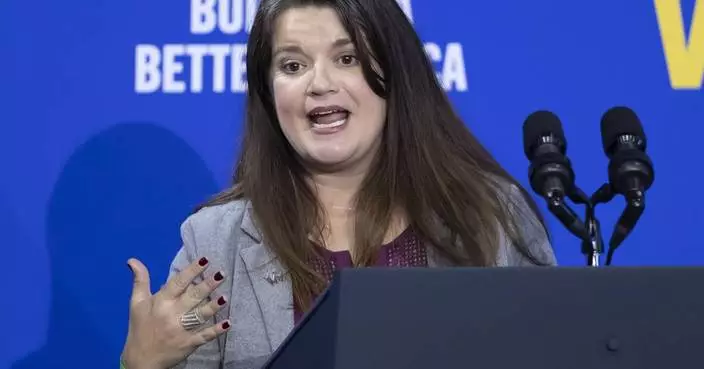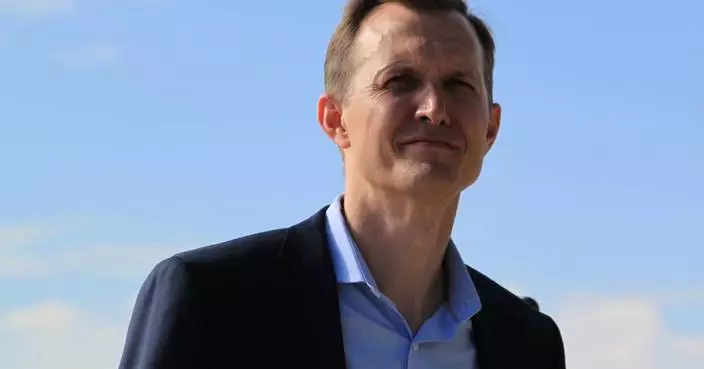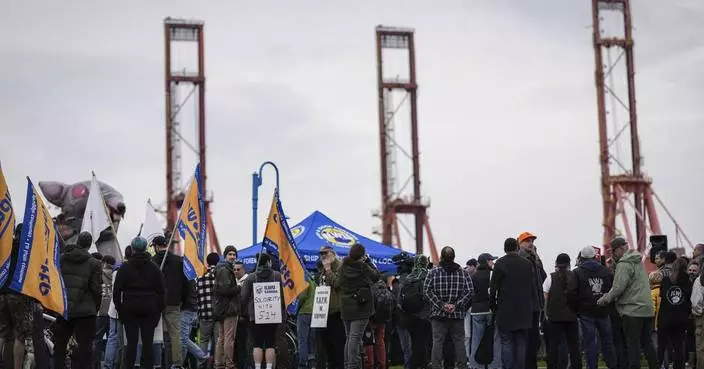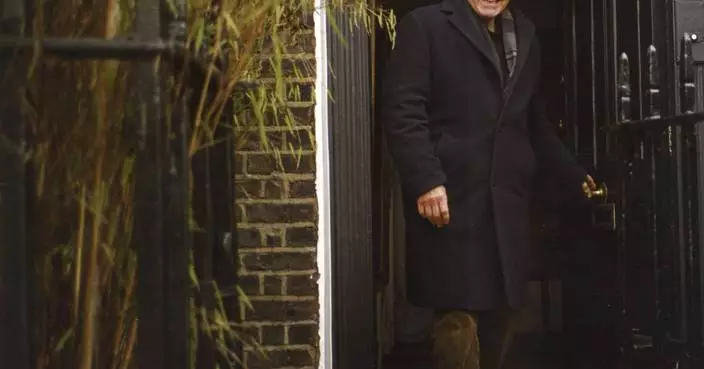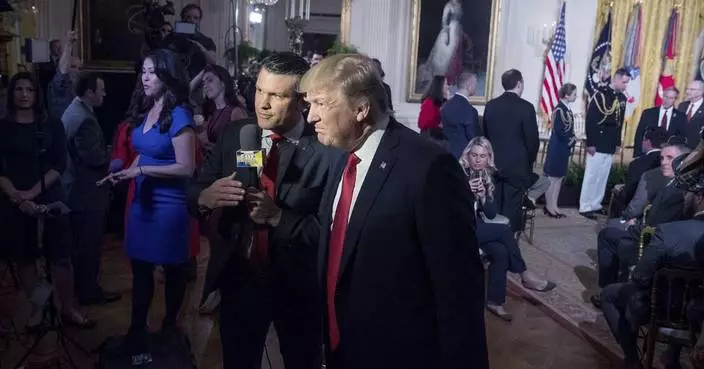As climate change leads to a seemingly endless stream of weather disasters around the world, countries are struggling to adapt to the new reality. Preparing to better withstand hurricanes, floods, heat waves, droughts and wildfires will take hundreds of billions of dollars.
And then there is confronting the root cause of climate change — the burning of fossil fuels like coal, gas and oil — by transitioning to clean energies like wind and solar.
That will take trillions of dollars.
Enter climate finance, a term for how to pay for projects to adapt to and combat the cause of climate change. It's especially important for developing countries, which don't have the same resources or access to credit that rich countries do.
International mega banks, funded by taxpayer dollars, are the biggest, fastest-growing source of climate finance for the developing world. Called multilateral development banks because they get contributions from various countries, there are only a handful of these banks in the world, the World Bank the largest among them.
The banks were a key reason why, in 2022, the world met a goal countries had set in 2009 to supply developing nations with $100 billion annually to address climate change.
At the annual U.N. climate conference that opens Monday in Azerbaijan, global leaders are expected to discuss how to generate trillions of dollars for climate finance. The nonprofit research group Climate Policy Initiative estimates the world needs about five times the current annual amount of climate financing to limit warming to 1.5 C (2.7 degrees F) since the late 1800s. Currently, global average temperatures are about 1.3 C (2.3 degrees F) higher.
A new goal needs to reach higher and hold institutions and governments accountable to their promises, said Tim Hirschel-Burns, an expert at Boston University's Global Development Policy Center.
"The core of it is getting a goal that is going to catalyze the actions that fills the really significant climate finance gap,” he said.
The debate has also shifted to the question of where the money will come from, said Dharshan Wignarajah, director of Climate Policy Initiative’s London-based office.
“Ultimately it comes down to who pays,” said Wignarajah, who helped lead the climate talks, called the Conference of Parties, when the United Kingdom was host in 2021. “That has forced finance to be ever-more prominent at the COP discussions.”
Developing nations are much more reliant on these banks for financing climate projects than industrialized countries.
In the U.S. and Canada, commercial banks and corporations provided funding for more than half of climate-friendly projects in 2022, according to Climate Policy Initiative. In sub-Saharan Africa, those private lenders only accounted for 7%.
This is because it is harder for developing countries to get low interest rates.
“If you’re Kenya, and you want to borrow from private lenders, they might charge you 10% interest rates because your credit rating isn’t very good,” Hirschel-Burns said.
But the multilateral banks have better credit ratings than many countries do. For example, the International Development Association — an arm of the World Bank and the top international aid provider to Kenya — has the highest possible rating from Moody’s Investor Service, while Kenya itself has a junk rating.
The banks borrow money with that better rating, then lend to developing countries in turn, offering a more reasonable rate than governments could get if they borrowed directly from private lenders.
The multilateral banks’ development seek to improve people's health and the environment, expand energy access and end poverty. It means the banks have also provided billions of dollars for fossil fuel power plants, according to an AP analysis, though their policies have improved and fewer such projects have been funded in recent years.
Investment in fossil fuels continues to rise worldwide, reaching $1.1 trillion in 2024, according to the International Energy Agency. And multilateral banks continue to rank among the biggest funders of fossil fuel-prolonging projects, helping to “lock in a high-carbon pathway” for countries, according to a report by the Clean Air Fund, which lobbies for the funding of projects to improve air quality.
“It should be assisting countries to leapfrog,” said Jane Burston, CEO of the Clean Air Fund, referring to the idea that developing countries could industrialize with renewable energy and skip over development that rich nations historically made with fossil fuels.
“It's baffling why development assistance is being given to something that continues to make people unhealthy as well as harms the planet,” she added.
For example, an arm of the World Bank, the International Bank for Reconstruction and Development loaned $105 million toward rehabilitating coal plants in India, with their last loans toward the project going out in 2018, according to an Associated Press analysis of data from the Organization for Economic Cooperation and Development.
However, the improvements made coal plants more efficient and reduced their greenhouse gas emissions, according to project documents.
The Clean Air Fund's report estimated the World Bank provided $2.7 billion in “fossil fuel prolonging finance” between 2018 and 2022. During that time, the bank also loaned about 32 times the amount for renewables.
"Renewable energy support is always our first choice as we work to provide access to electricity," a World Bank spokesperson said in a statement.
The bank's policies still “selectively support natural gas as a transition fuel” if its research shows the project is low risk to the climate, the spokesperson said. The bank's recent policies require vetting for every project to make sure its investments reduce climate impacts.
The World Bank delivered $42.6 billion in climate finance in its most recent fiscal year, a 10% increase from the year before. And at the most recent COP, the bank promised nearly half of its lending will soon go toward climate finance.
In Vietnam, about half of power generation comes from fossil fuels, primarily coal power. The Asian Development Bank loaned about $900 million on coal in Vietnam, with their spending on the fossil fuel in the country ending in 2017. The bank's updated climate policies “will not support coal mining, processing, storage, and transportation, nor any new coal-fired power generation,” it said in a statement. The bank put $9.8 billion toward climate finance in 2023, and aims to finance $100 billion in climate-friendly projects between 2019 and 2030.
The country’s biggest growth area for energy is in wind. The Global Energy Monitor ranks Vietnam seventh in the world in planned wind power. And the Asian Development Bank committed about $60 million in loans toward wind energy in Vietnam between 2021 and 2022.
The banks have made broad commitments in recent years to align with the landmark 2015 Paris Agreement. But those promises leave pathways open to continue funding fossil fuels, said Bronwen Tucker, global public finance co-manager at Oil Change International.
According to the group's monitoring of the banks' commitments, all nine of the major banks tracked can fund gas projects in at least some cases.
“The MDBs can't be climate bankers if they are still fossil bankers," she said. “Relying on banks that are locking in fossil fuels and the worst-ever debt crisis is not working.”
The Associated Press’ climate and environmental coverage receives financial support from multiple private foundations. AP is solely responsible for all content. Find AP’s standards for working with philanthropies, a list of supporters and funded coverage areas at AP.org.
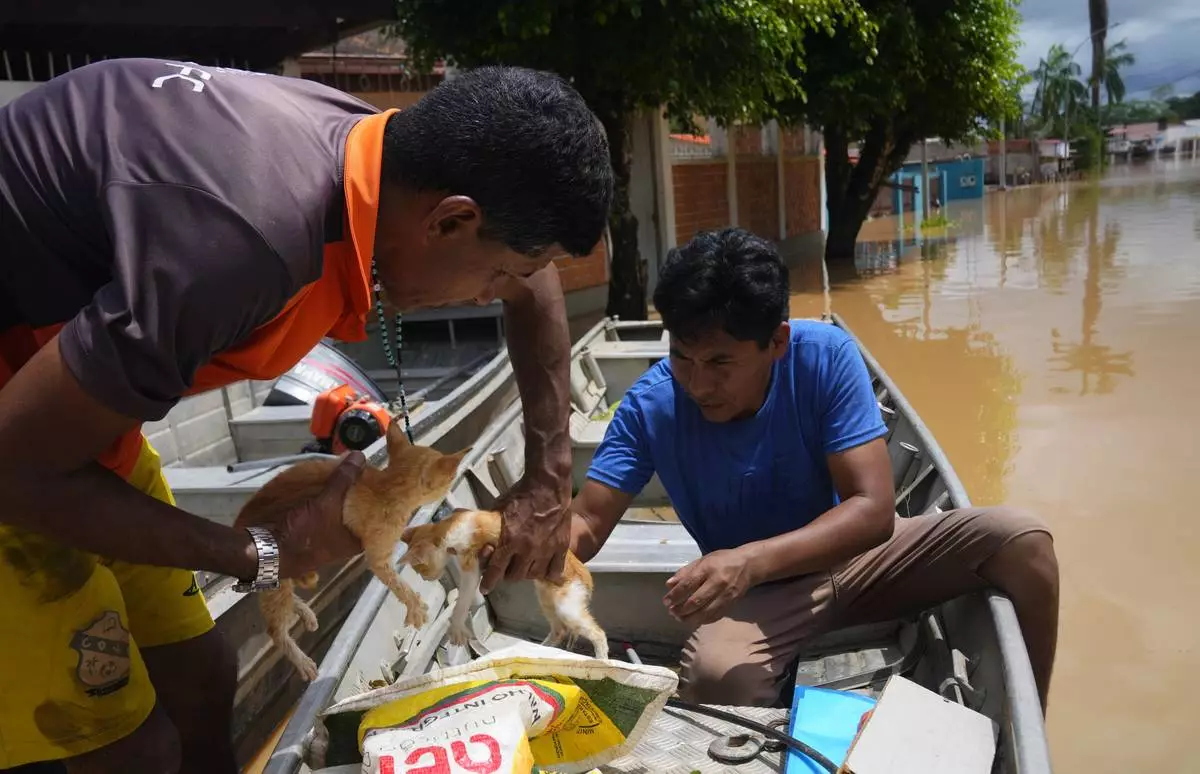
FILE - Residents rescue kittens from the roof of a flooded home in Cobija, Bolivia, Feb. 28, 2024. (AP Photo/Juan Karita, File)
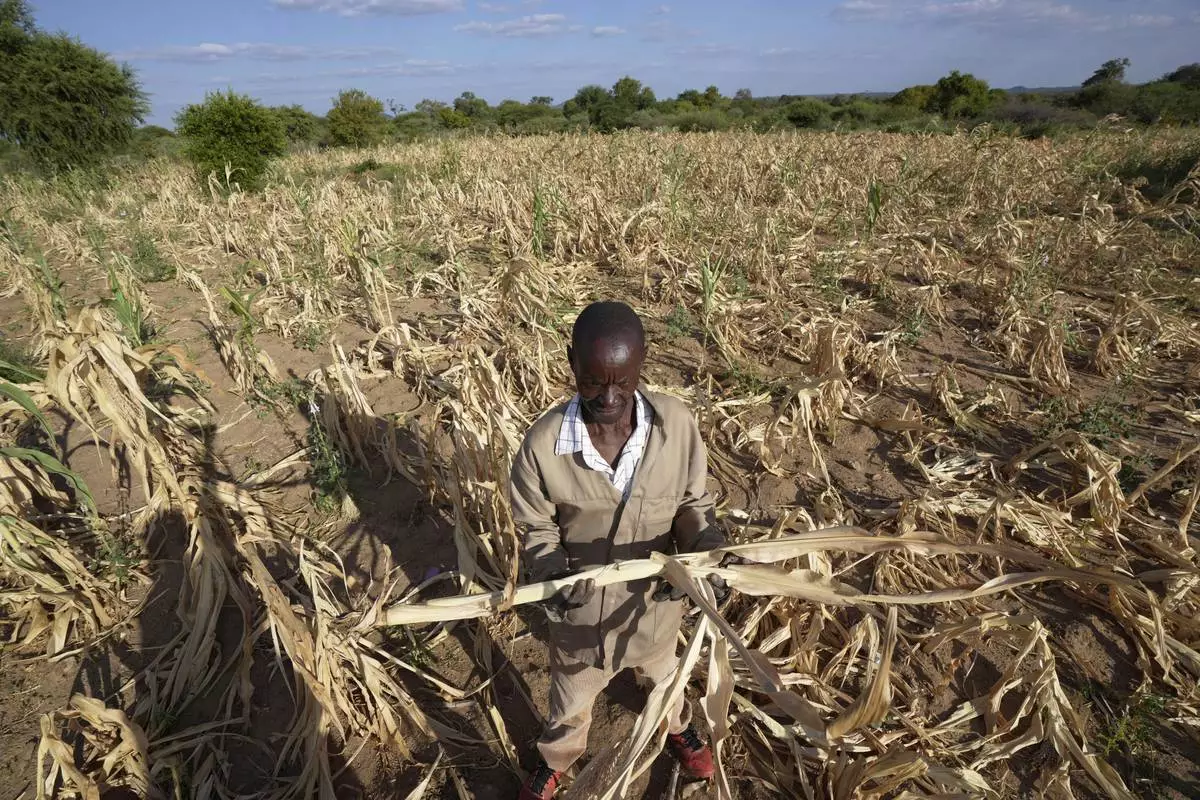
FILE - James Tshuma, a farmer in Mangwe district in southwestern Zimbabwe, stands in the middle of his dried up crop field amid a drought, in Zimbabwe, March, 22, 2024. (AP Photo/Tsvangirayi Mukwazhi, File)
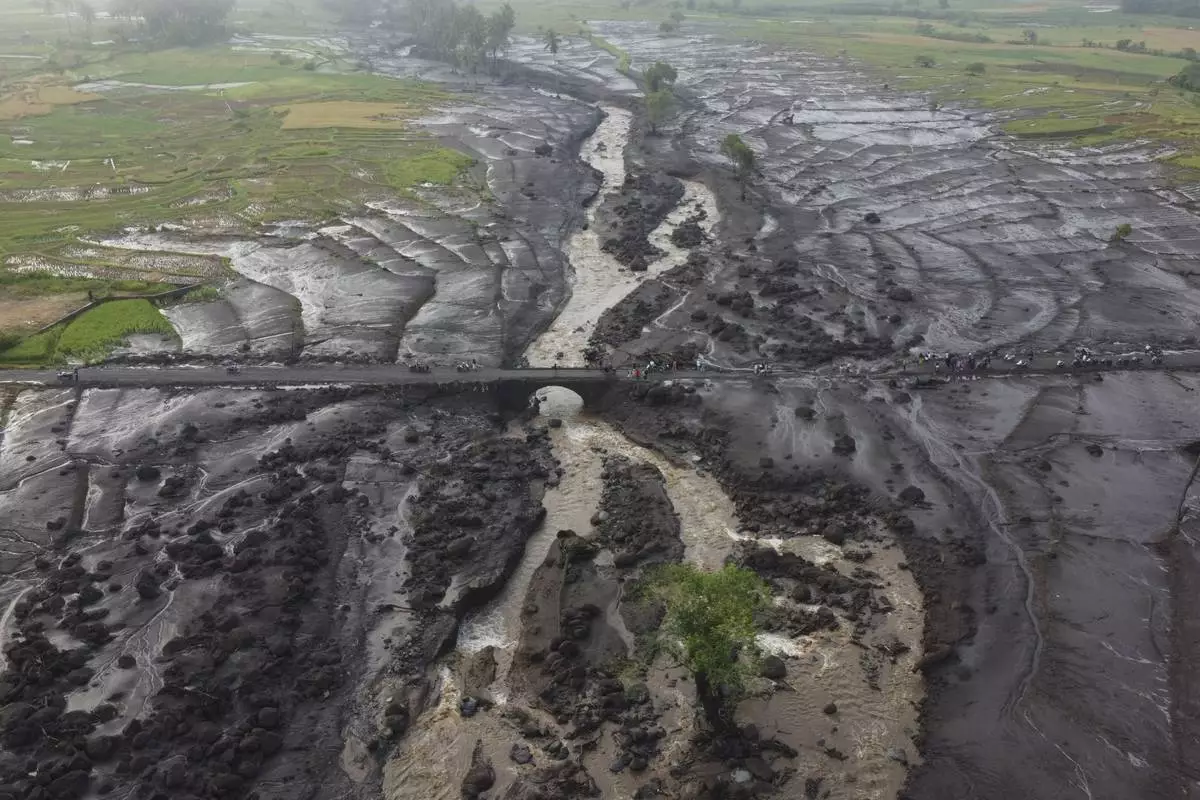
FILE - People examine the damage at an area badly affected by a flash flood in Tanah Datar, West Sumatra, Indonesia, May 13, 2024. (AP Photo/Ali Nayaka, File)
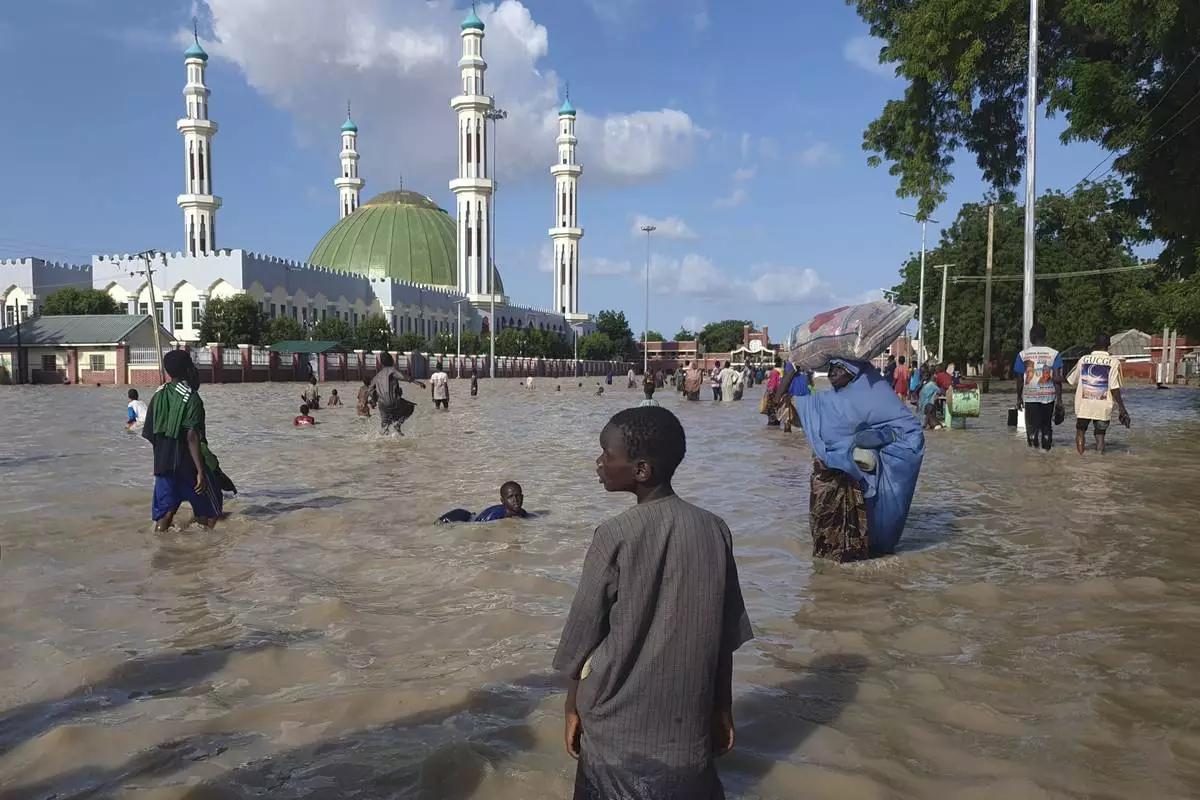
FILE - People walk through floodwaters following a dam collapse in Maiduguri, Nigeria, Tuesday, Sept 10, 2024. (AP Photos/ Joshua Olatunji, File)


